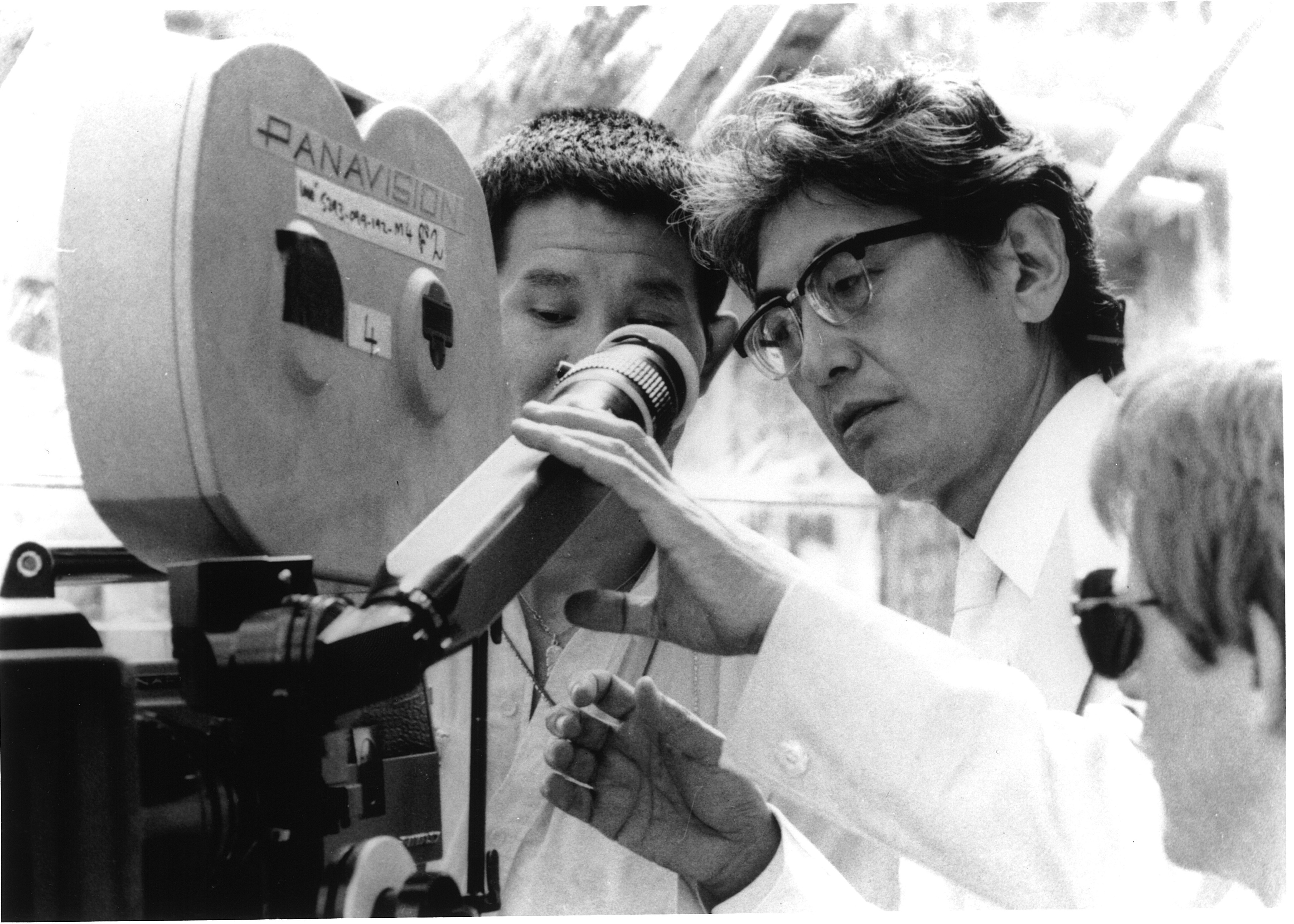Director Nagisa Oshima often quoted the phrase "the republic of the cinema" as if film was a country and he one of its citizens. He combined the very best stalwart Japanese qualities with a forthright and radical international outlook.
Oshima had a remarkable gift for portraying the innocence and special sensitivities of children, as shown in one of his earliest films, a short work put together from stills taken on the Korean Peninsula titled "Diary of Yunbogi." He would have preferred to film the true story of a little Korean slum orphan compelled to work in order to provide for his brother and sisters; however, when he went to South Korea with his movie camera, Korean-Japanese relations were still fraught with animosity and Japanese filmmakers were not permitted to use them. The year was 1965. Although diplomatic relations between the two countries were normalized later that year, all Japanese films, music and books were still banned in South Korea. The two-pronged soundtrack features entries from the 6-year-old Korean boy's diary and a diatribe against Japanese imperialism on the Korean Peninsula.
I bring this up at the outset because Japan's treatment of Koreans in the past and present comprised one of Oshima's primary cinematic preoccupations.


















With your current subscription plan you can comment on stories. However, before writing your first comment, please create a display name in the Profile section of your subscriber account page.